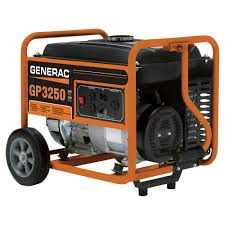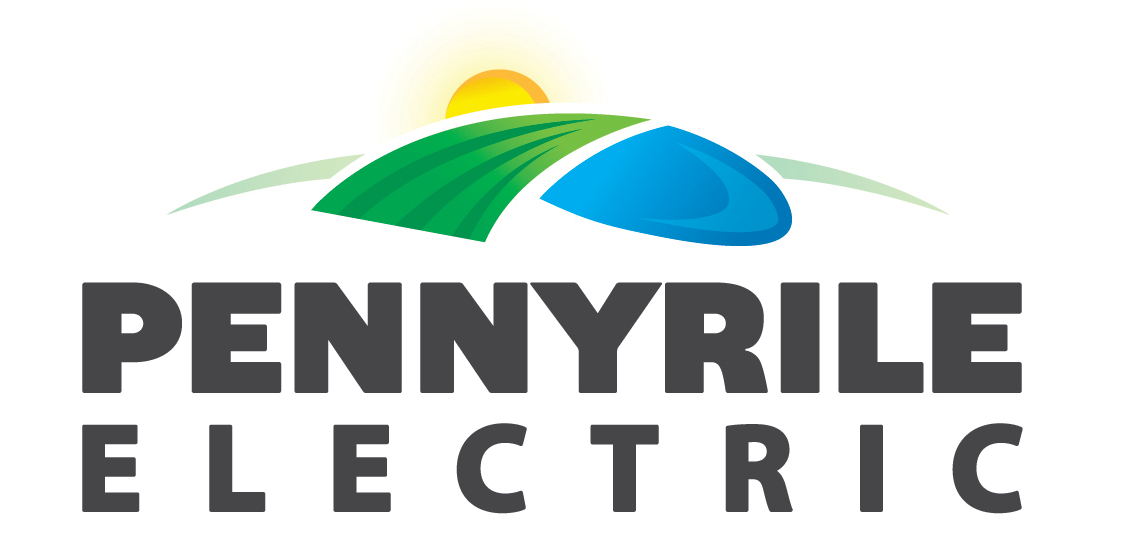
Use Portable Electric Generators Safely
Portable electric generators can be a “life-saver” when faced with a lengthy outage, but if they are not installed and used properly, they also can cause serious injury and even death.
Follow these tips for safety:
- Be sure to follow all manufacturer directions for installation and operation. To prevent electric shock, make sure your generator is properly grounded. The operation manual should provide correct grounding instructions.
- Operate electric generators or other fuel-powered machines outdoors, where deadly carbon monoxide fumes cannot enter the home. Use a generator only in a well-ventilated and dry area located away from air intakes to the house. Do not use a generator in an attached garage.
- Do not overload the generator by operating more appliances and equipment than the generator can handle. The operating instructions should have an output rating for the generator.
- Individual appliances should be plugged directly into the receptacle outlet of the generator, using appropriately sized extension cords to carry the electric load. Make sure the cords are rated for outdoor use, have a grounded, three-pronged plug, and are in good condition. Do not run the extension cord(s) under rugs.
- Never connect generators directly to your home’s wiring. The reverse flow of electricity can electrocute an unsuspecting lineworker attempting to restore electric service.
- Never plug a generator into a household outlet.
- Do not refuel a generator while it is running.
- Only store fuel outside of living areas and away from heat sources, like water heater pilot lights.
- Turn off all equipment powered by the generator before shutting it down.
- Keep children and pets away from generators.
